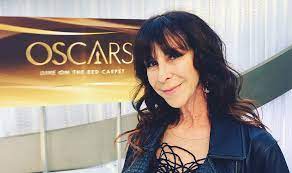If you record from a home studio, one of the basic, but very necessary skills you must master is audio editing. Digital audio recording software includes audio editing functions; compression, de-essing, EQ, etc. As any experienced voice over talent can tell you, the time consuming part of doing voice overs is the audio editing. After you record, you'll be sitting down and going through the audio to eliminate any unwanted sounds...heavy breaths, mouth clicks, distracting popped p's, takes you recorded but do not want to use in the final recording, etc.
I actually like the editing process and handle that myself here in my studio. Some voice artists will job the editing out to an audio editor and pay them accordingly so they can move on to the next voice over. If you record e Learning projects, like I often do, you'll be editing the audio and then separating and labeling the audio files per your clients specs indicated on the script. It can be a time burn and it's definitely a task that you want to stay focused on. No mental zoning out. Sometimes, while editing, you'll hear mistakes you made when voicing the script that you missed when you recorded. You may have to go back in your booth and re-record the sentence with the same pace and tone as the original recording so it can seamlessly be cut in when editing. It's called a "pickup." I have recorded many aviation training scripts where it's easy to make a mental mistake. For instance, the script says "attitude" instead of "altitude," which you mistakenly said when recording. Attention to detail is a must.
I went to a voice over coach to record a few corporate narration scripts and have her give me constructive input. She herself is an accomplished voice talent as well as a coach and has a very polished voice and delivery. But when she sat down to edit my audio for playback, she said she hated audio editing. Frankly, she looked a bit nervous as she moved the mouse cursor to the audio edit she wanted to make. I'm not sure why she so disliked editing as the audio editing function allows you to click back and try the edit again to your liking. It's "non-destructive" in nature. If you're just starting out, your editing speed will increase with practice and experience.
One thing's for sure. Having good audio editing skills is a big asset in speeding up your turnaround time. I often have customers/clients who say, "John, thanks for the fast turnaround."
If you're just beginning your voice over career and want more help, a good book I bought off Amazon years ago is "Voice Actor's Guide to Home Recording" by Jeffrey Fisher and voice over legend Harlan Hogan. It's written with a humorous style and is loaded with instructional information about audio editing and way beyond. They do a great job breaking it all down. It will serve as a good in-studio reference manual. Money well spent.


